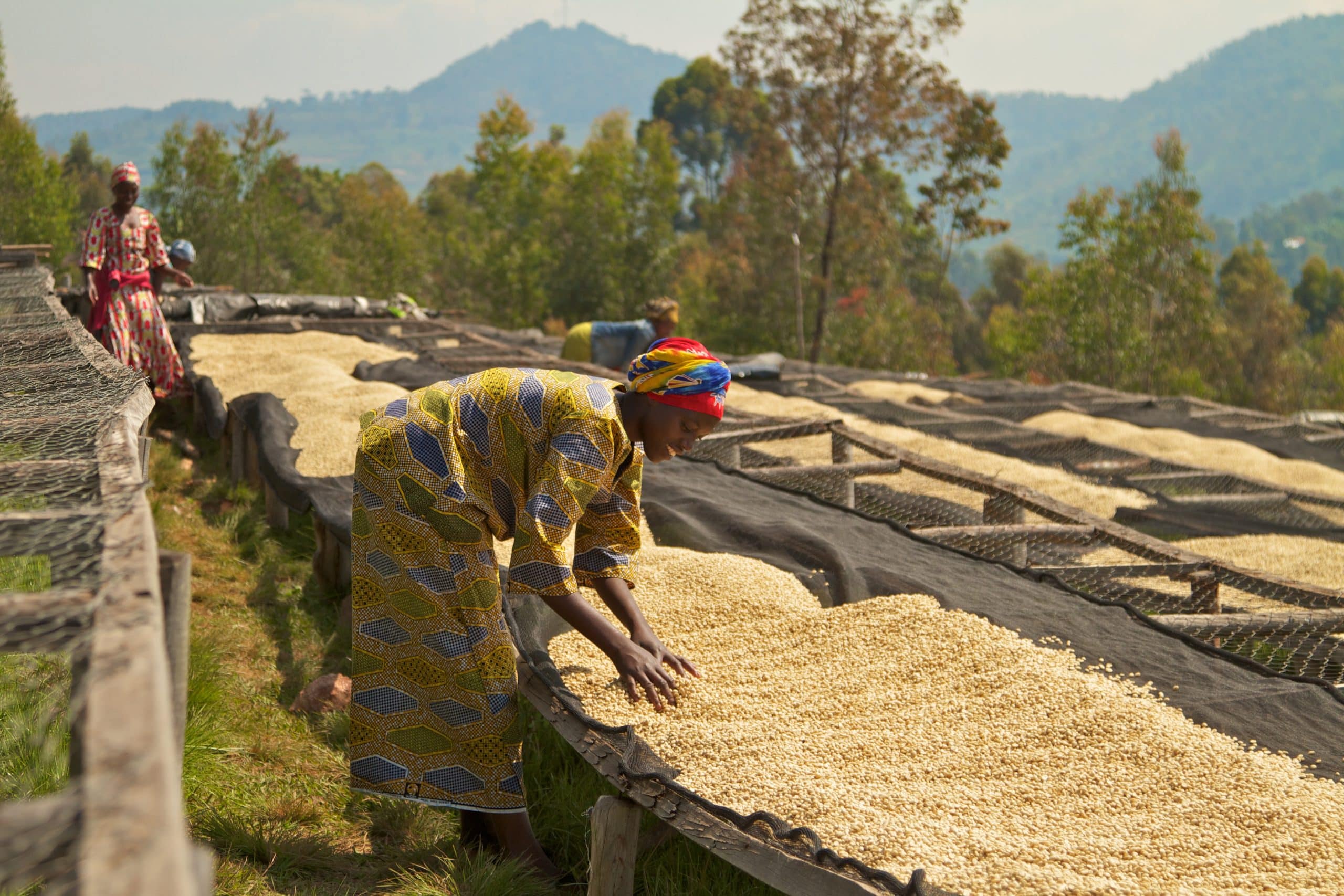
Credit: Grazioso Pictures
Our Mission
Our mission is to grow rural prosperity and build the resilience of farming families around the world.
Vision Statement
Our vision is thousands of rural businesses supporting a thriving agricultural sector.
Leadership
We are a community of unconventional problem solvers. We’re humanitarians and environmentalists, philanthropists and investors, farmers and feminists.
Meet our Leaders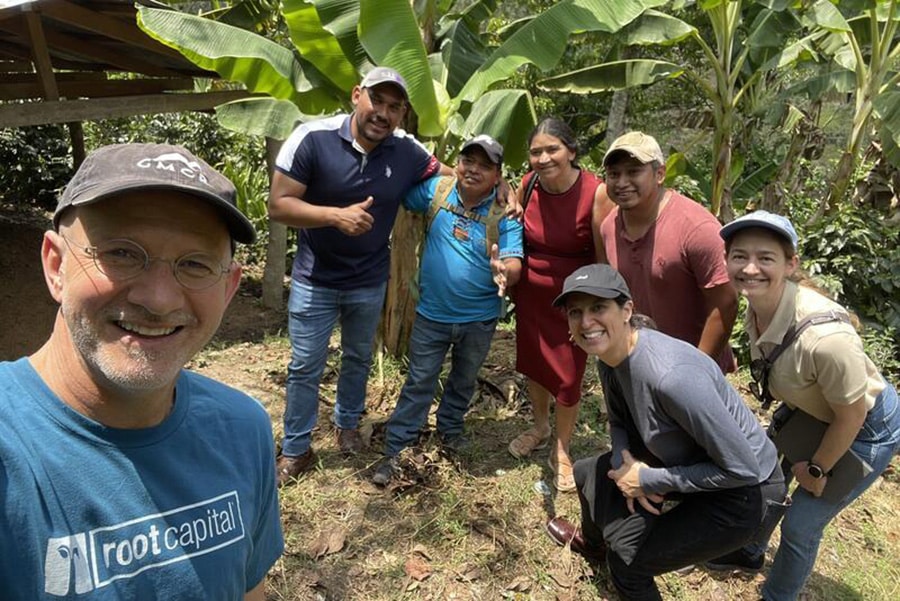
Press Room
Browse our media coverage and press releases, and learn how to contact us for exclusive interviews with our thought leaders.
Read More
Credit: Shannon Jensen/Root Capital,
Events
Find upcoming conferences, workshops, and webinars featuring Root Capital staff and partners.
Read More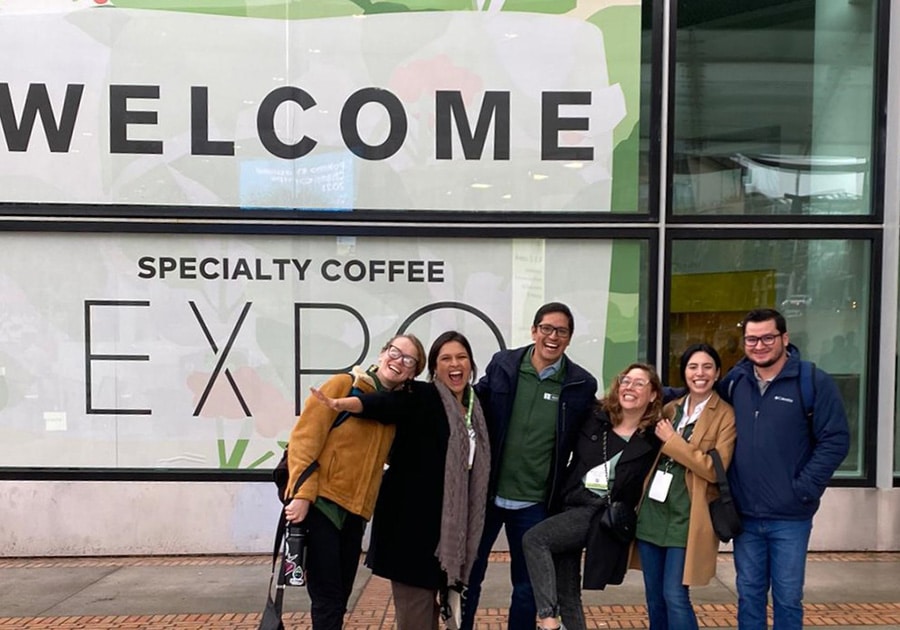
Credit: Root Capital,
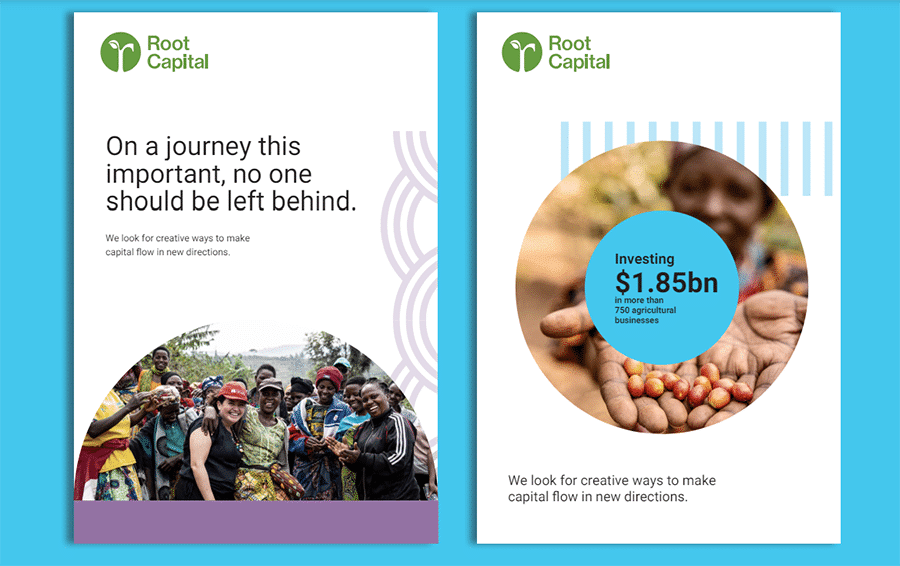
Credit: Root Capital,
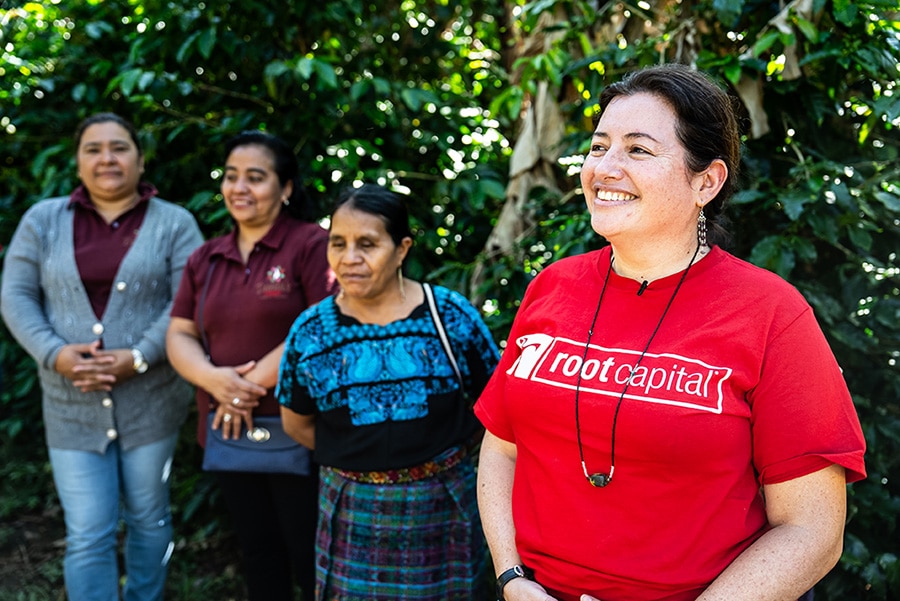
Credit: Adam Finch/Root Capital,
